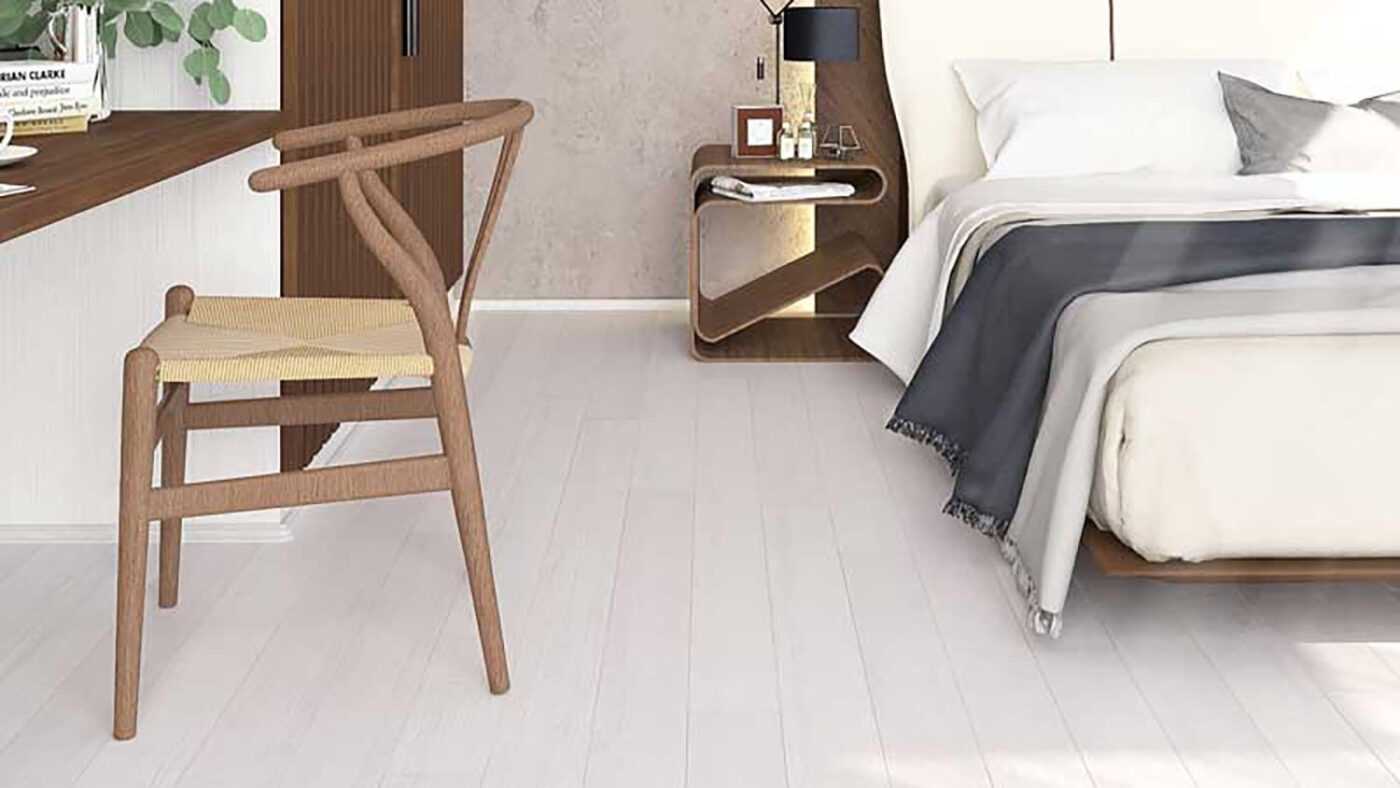Bamboo is a versatile and renewable resource that has been used for centuries in Asia as a building material before it was recognised as a flooring material. It has only gained popularity in Western countries over the last two decades. Not only is bamboo a fast-growing grass, but it’s also incredibly strong and durable, making it an ideal substitute for hardwood flooring. You’ve come to the right place if you are looking for expert opinions and reviews on how our most popular bamboo flooring brands will perform.
This article will be split into three parts:
- What is Bamboo Flooring?
- Pros & Cons of Bamboo Flooring
- Bamboo Flooring Brand Reviews & Expert Opinion
- Conclusion – Which Bamboo Floor is Best?
What is Bamboo Flooring?
It all begins when bamboo reaches maturity and is harvested from the fields in China. Like the solid timber and engineered floors we offer, all of our bamboo floorboards are also sourced from sustainable plantations rather than the wilderness.
The harvested bamboo stalks are split into thin strips and boiled in acid to clean off contaminants. They then undergo a process known as “hot pressing” under high temperatures and pressure to form the strandwoven planks. Finally, we sand down and coat the surface with multiple layers of protective coating to increase its durability.
Thus, we have the bamboo flooring that we know and love. You can explore our full colour range of natural bamboo options and contact us for a free quote.
Pros & Cons of Bamboo Flooring
Before we dive into each and every nuance of our top-selling brands, it is important to have a general understanding of the pros and cons of bamboo flooring.
Advantages of Bamboo Flooring:
There are many reasons for their rise to popularity in many homes and even commercial areas:
- Extremely Durable – Bamboo has a Janka rating from 14 – 16 kN which makes it up to three times tougher than hardwood flooring. This means less scratches and dents from the rough and tumble of life.
- Gorgeous Natural Designs – One noticeable difference is the natural beauty of bamboo flooring. Personally, I find them gorgeous and attractive to the eyes.
- More Affordable – Because bamboo is a more readily available resource (grows much faster), it is more affordable to source than solid timber or even engineered flooring.
- Sustainable Resource – Bamboo is a species of giant grass which grows back in only 4 – 7 years on average. This makes them much more sustainable than hardwood flooring.
Disadvantages of Greena Bamboo:
- Moisture Swelling – Like all bamboo flooring, the Greena range is prone to warping and swelling when exposed to a high amount of moisture. Hence we advise against installing bamboo flooring in splash areas like the kitchen or laundry.
VerduraX Engineered Bamboo Reviews
Our third and final brand is VerduraX. This range is similar to HydroPro Bamboo because it takes a different approach compared to traditional solid bamboo planks. Instead, they use a plywood base with a thin layer of real bamboo on the surface.
There are pros and cons of this. It’s more affordable to manufacture, however, may contain more volatile organic compounds from the plywood. This is also known as “engineered bamboo flooring”.
Advantages of VerduraX Flooring
- More Moisture Resistant – Having a plywood core actually reduces the amount of swelling when exposed to water or moisture. Keep in mind that this does not mean waterproof, the VerduraX bamboo flooring range is simple less likely to warp.
- More Affordable – Substituting real bamboo with more affordable plywood in the plank will reduce manufacturing costs, which passes on savings to you. Furthermore, the planks are lighter which means cheaper transportation.
- Healthy Breathing – The adhesive used in the manufacturing process releases formaldehyde, a form of respiratory irritant or “volatile organic compound”. It is rated E1 which is still safe according to the World Health Organisation.
Disadvantages of VerduraX Flooring
- Less Solid Underfoot – The largest drawback of having an engineered bamboo floor is the feeling underfoot. It feels less solid compared to solid bamboo flooring, and may make more noise underfoot.
- Personal Protective Equipment – Manufacturing and safety data recommends using a certified gas mask when installing VerduraX Chronic inhalation of dust from cutting planks is linked to respiratory issues.
Conclusion – Is Bamboo Flooring Any Good?
Our honest buyer’s guide combines valuable customer reviews and expert opinions so we can give you honest liquid gold to help you make the right choice. Ultimately, we can conclude that bamboo flooring is a great option if you are looking for a natural floorboard that is more affordable and sustainable than hardwood flooring. The only drawback to bamboo flooring is moisture and water because the planks swell easier.
With the new and improved HydroPro Bamboo range, you don’t have to worry about moisture any more because they use a 100% waterproof core.
At the end of the day, beauty is in the eye of the beholder. Flooring 2U recommends conducting your own research and viewing samples in person before purchasing. Furthermore, every property and job is different so it is important to get individualised advice. Feel free to contact one of our friendly flooring consultants if you have any further inquiries. We’d love to help you choose your dream floor!
